Read the impact IFREE has had on previous workshop attendees, grant and award recipients.
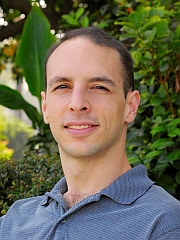
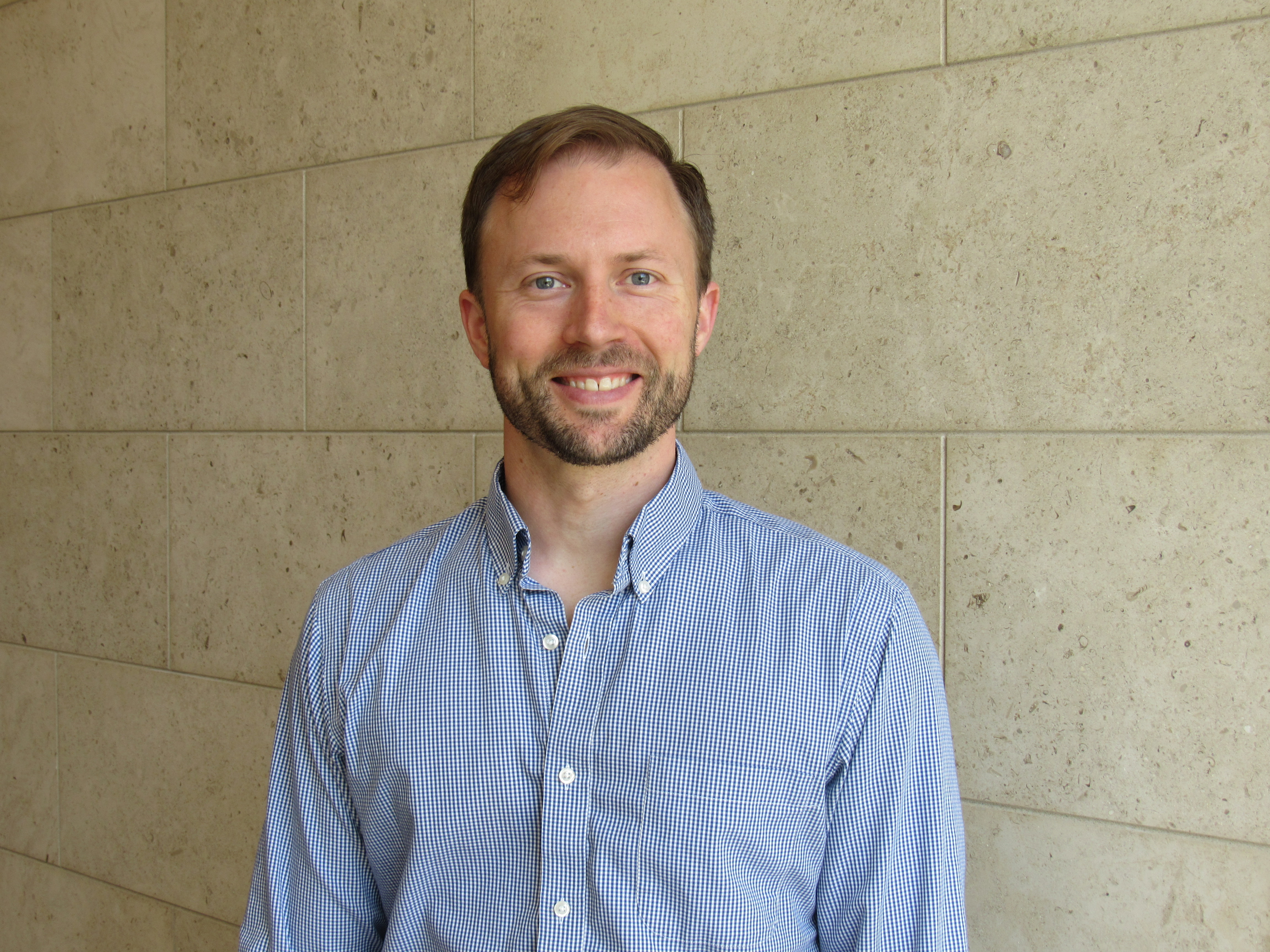
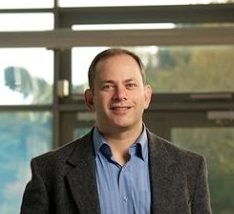
The 24th Annual Visiting Graduate Student Workshop in Experimental Economics, 2019
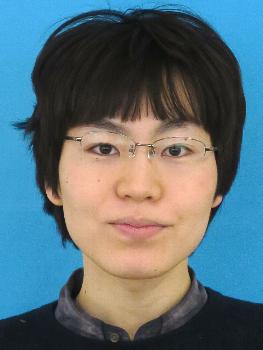
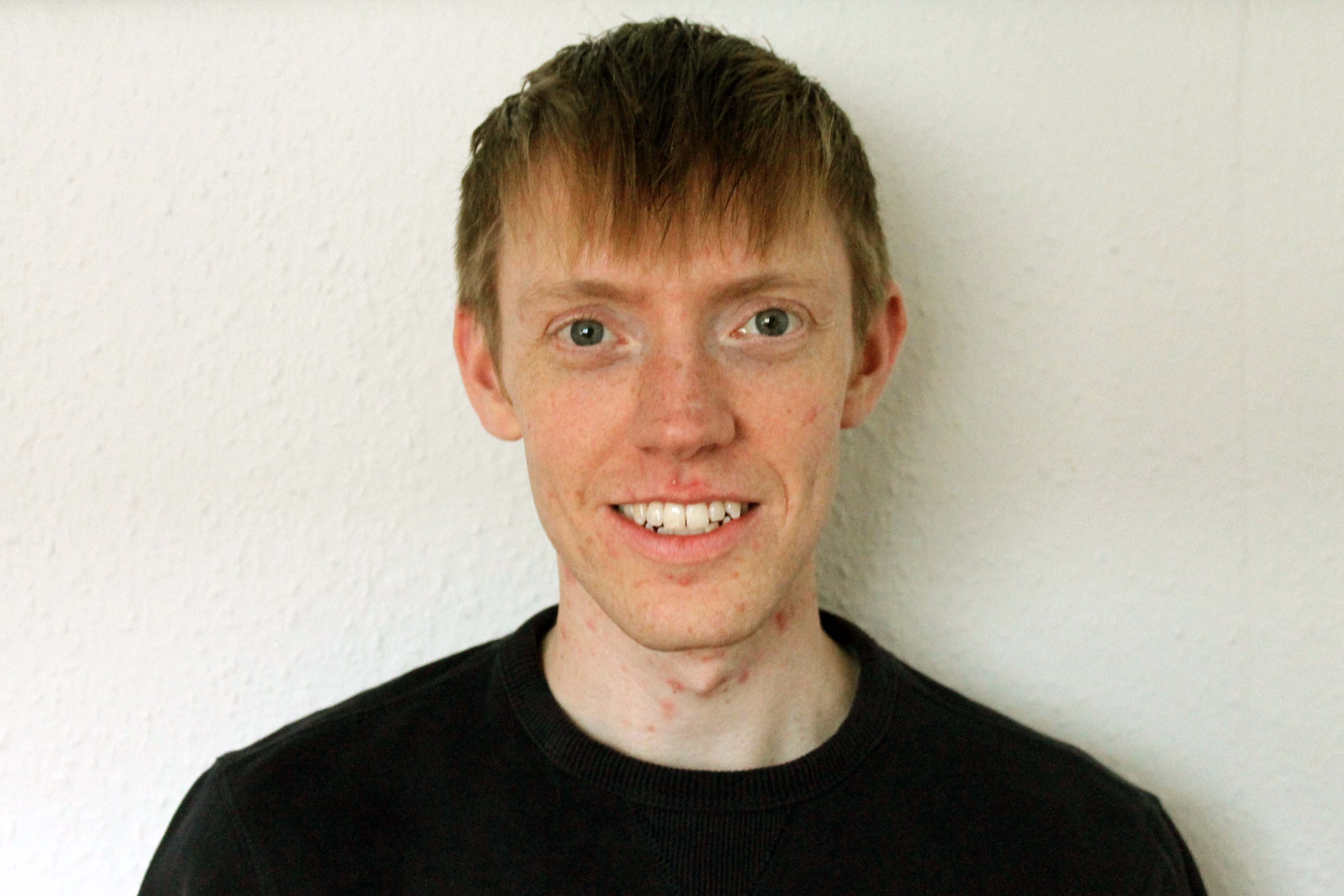
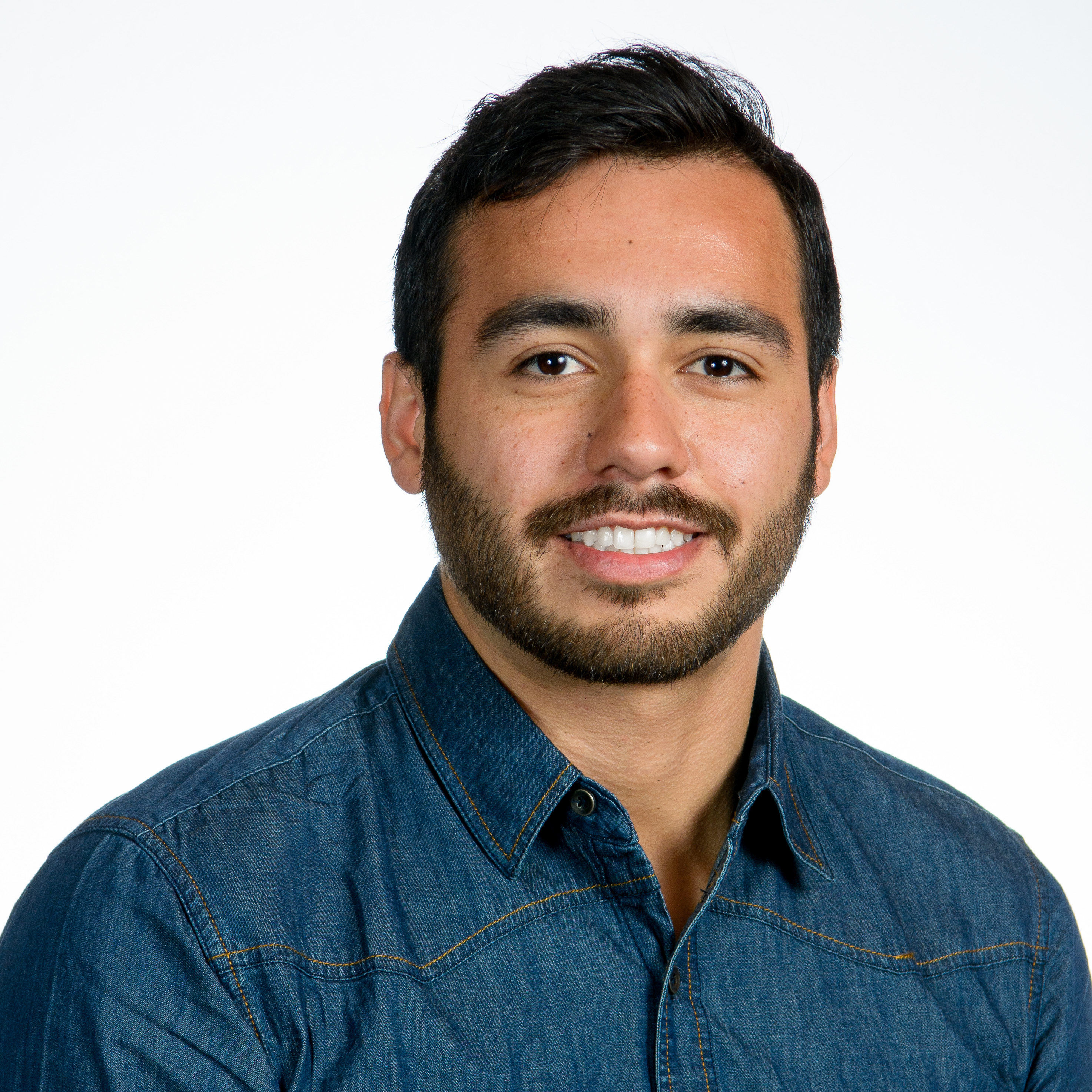
It was a friendly place for political scientists interested in economic games as well - I highly recommend it for any poli sci grad student who wants to use these methods. https://t.co/IRFVEynuNY
— Talbot M Andrews (@TalbotMAndrews) January 18, 2019
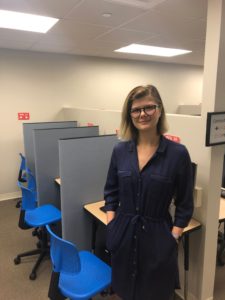
“The Chapman graduate workshop was by far the best event for PhD students in experimental/behavioral economics I have ever attended. I especially enjoyed participation in experiments before the lectures. I have run a few experiments myself, but prior to the workshop, I have never actually experienced the experiment as a participant. It provided me with a very interesting perspective, and the combination with the following lecture was just invaluable. I learned a lot about how world-class researcher think, but also how they materialize their ideas and generate insights. As the icing on a cake, I was the lucky one to enjoy a lunch with Professor Smith, which was unforgettable.” -Matej Lorko, PhD Candidate, Macquarie Graduate School of Management
